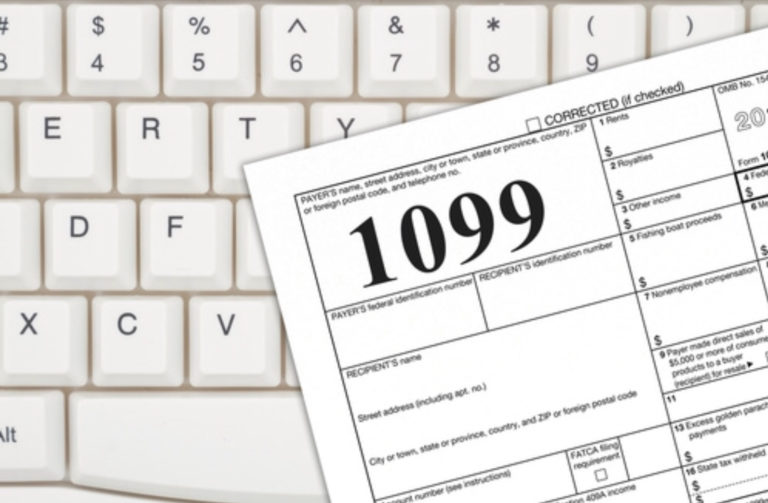Wage and Hour Disputes
Do You Have a Wage Dispute With Your Employer?
Federal and state laws interact in a unique way to make employment and labor law a complicated topic. The Fair Standards and Labor Act (FSLA) is charged with governing Federal employment law and setting basic requirements by which employers operating in the U.S. must abide.
In recent years, in an effort to positively impact the bottom line, employers have found methods by which prevent employees from receiving proper compensation by skirting Federal employment law. It is vital that you understand your role in a company and your rights.

Understanding Wage and Hour Claims
There are important elements to note when reviewing a wage and hour claim. The factors can best be explained by an attorney, but are broken down below:
- Minimum Wage Compensation. An employer must pay an employee the Federal mandated minimum wage of $7.25 per hour or the state mandated minimum wage, if it is greater. It is important to note that, as of January 2017, a total of 29 states have a mandated minimum wage that is greater than $7.25 per hour. Employees who are tipped workers have a lower Federal minimum wage of $2.13 per hour. All laws pertaining to employees considered “tipped workers” can be difficult to comprehend and it is always a good idea to speak to a legal professional about the specific practices of their employer.
- Failure to Pay Overtime. If an employee works In excess of 40 hours per week, he or she is entitled to time and a half for all additional hours worked. There are exceptions to this rule, so it is important to make sure your employer is compliant.
- Failure to Provide Breaks. Federal laws do not require that employers provide meal or rest breaks. However, if an employer does provide short rest breaks, between around five and twenty minutes, this is generally compensable time and must be counted towards hours worked. If an employer provides a bona fide, unpaid meal period of thirty minutes or more and requires the employee to work during this time, the employee would be entitled to compensation. It is important to note that while there are no federally required breaks, many state laws do require that employers provide meal and/or rest periods.
Classifying Worker Types
It is not unusual for an employer to classify a worker in a particular category, in an effort to limit liability and save money on taxes. Job titles and specific labels are not given much credence in the eyes of the law.
While a 1099 worker can refuse to perform tasks without consequences and display control over his or her own work, an employee is subject to the will of an employer. In a traditional employment relationship, the employer has control over the work to be completed and how the employee is to complete the task at hand.
This legal area is quite tricky and will vary from employer-to-employer. Our office has seen clients who were treated as 1099 contractors, but their duties placed them closer to the role of an employee. An experienced wage and hour attorney will always be able to determine whether you are a true 1099 independent contractor.
Contact a Wage and Hour Attorney Near You
Contact our office immediately if you feel you are not receiving full Federal or state mandated compensation for work completed for your employer. An experienced attorney from our office can help build your claim to recover the compensation to which you are entitled. There time restrictions associated with filing employment related claims, so timing is vital.
